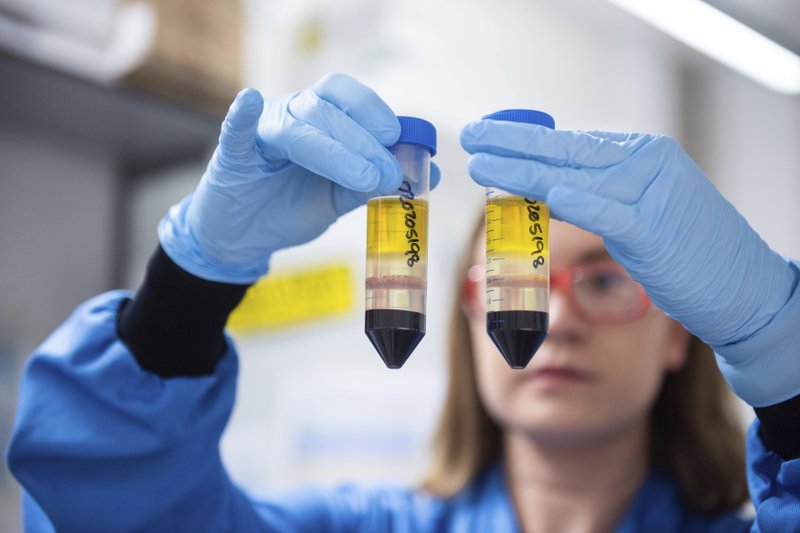
NEW DELHI (Reuters) – India’s drugs regulator on Sunday gave final approval for the emergency-use of two coronavirus vaccines, one developed by AstraZeneca and Oxford University and the other by local company Bharat Biotech.
The overall efficacy of the AstraZeneca/Oxford vaccine was 70.42 percent, while Bharat Biotech’s COVAXIN was “safe and provides a robust immune response”, Drugs Controller General of India V.G. Somani said.
The British-developed AstraZeneca/Oxford shot is being made locally by the Serum Institute of India (SII) and will be branded COVISHIELD, while Bharat Biotech has teamed up with the government-run Indian Council of Medical Research.
Both vaccines will be administered in two doses and stored at 2-8° degrees Celsius (36 to 48°F), he said. Sources told Reuters on Saturday the doses would have to be given four weeks apart.
Somani explained that the Bharat Biotech vaccine had been approved “in public interest as an abundant precaution, in clinical trial mode, to have more options for vaccinations, especially in case of infection by mutant strains”.
Prime Minister Narendra Modi welcomed the approvals.
“It would make every Indian proud that the two vaccines that have been given emergency use approval are made in India!” he said on Twitter, calling it a sign of a “self-reliant” country.
SII, the world’s biggest vaccine producer, has already stockpiled more than 50 million doses of the AstraZeneca/Oxford vaccine even without a formal supply deal with the government.
“All the risks @SerumInstIndia took with stockpiling the vaccine, have finally paid off,” CEO Adar Poonawalla said on Twitter. “COVISHIELD, India’s first COVID-19 vaccine, is approved, safe, effective and ready to roll-out in the coming weeks.”
Reporting by Aftab Ahmed and Nigam Prusty: Writing by Krishna N. Das; Editing by Neil Fullick
FILE – In this undated file photo issued by the University of Oxford on Monday, November 23, 2020, a researcher in a laboratory at the Jenner Institute in Oxford, England, works on the coronavirus vaccine developed by AstraZeneca and Oxford University. (University of Oxford/John Cairns via AP, File)




